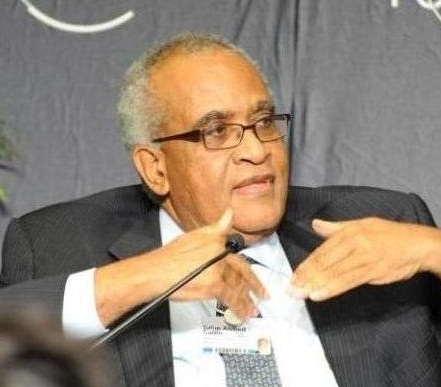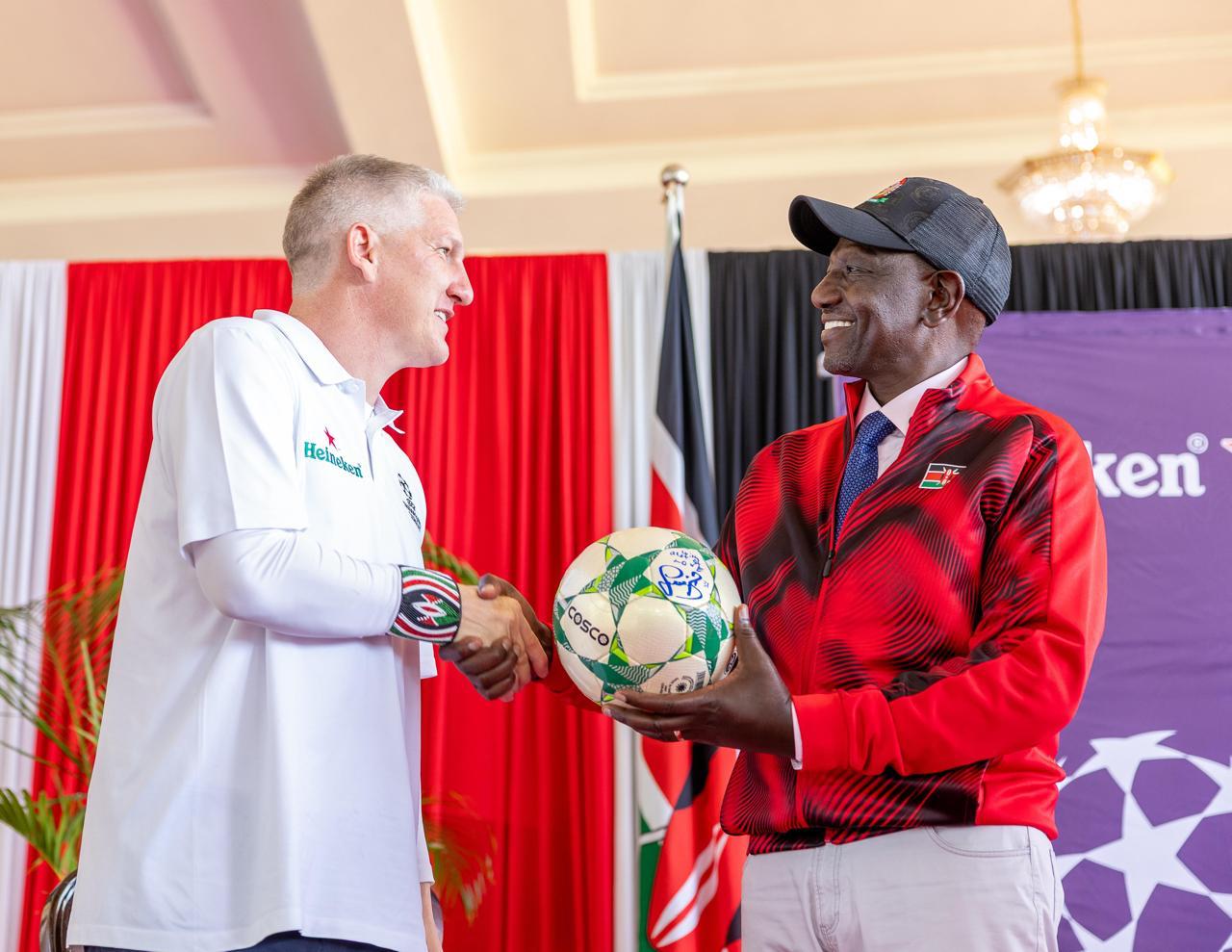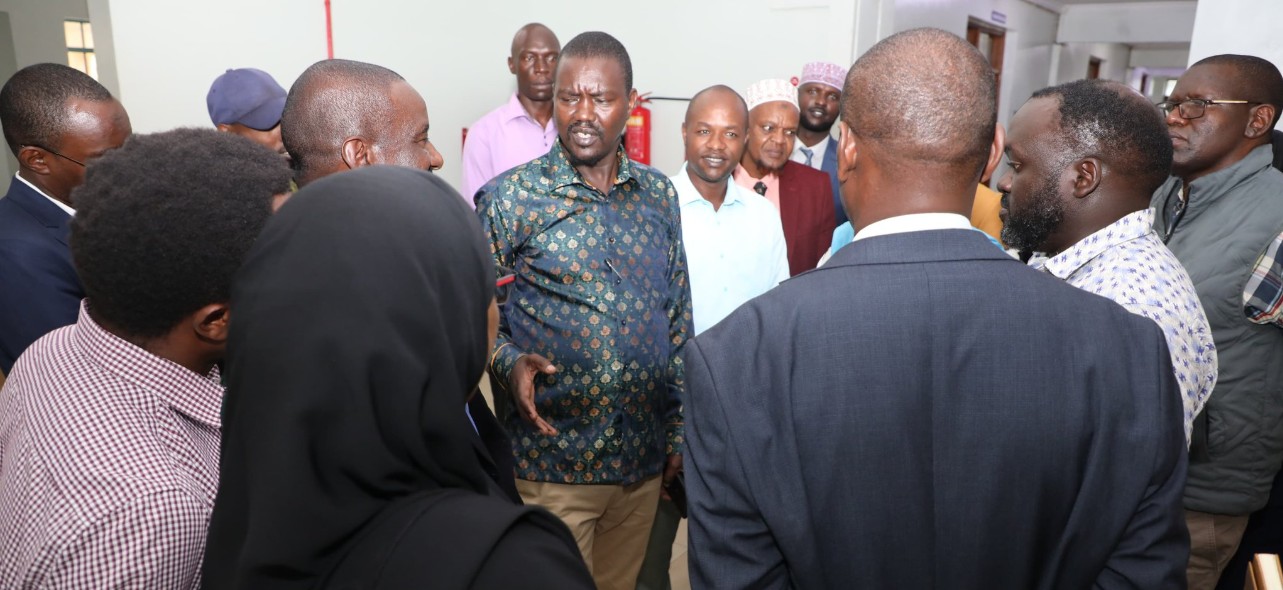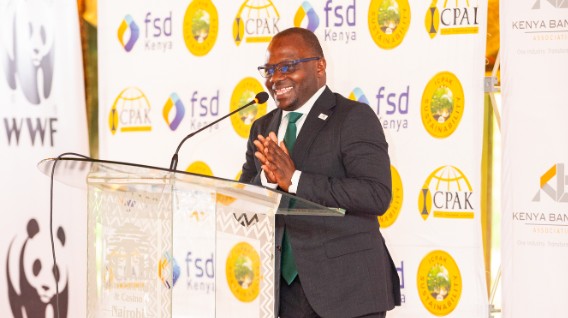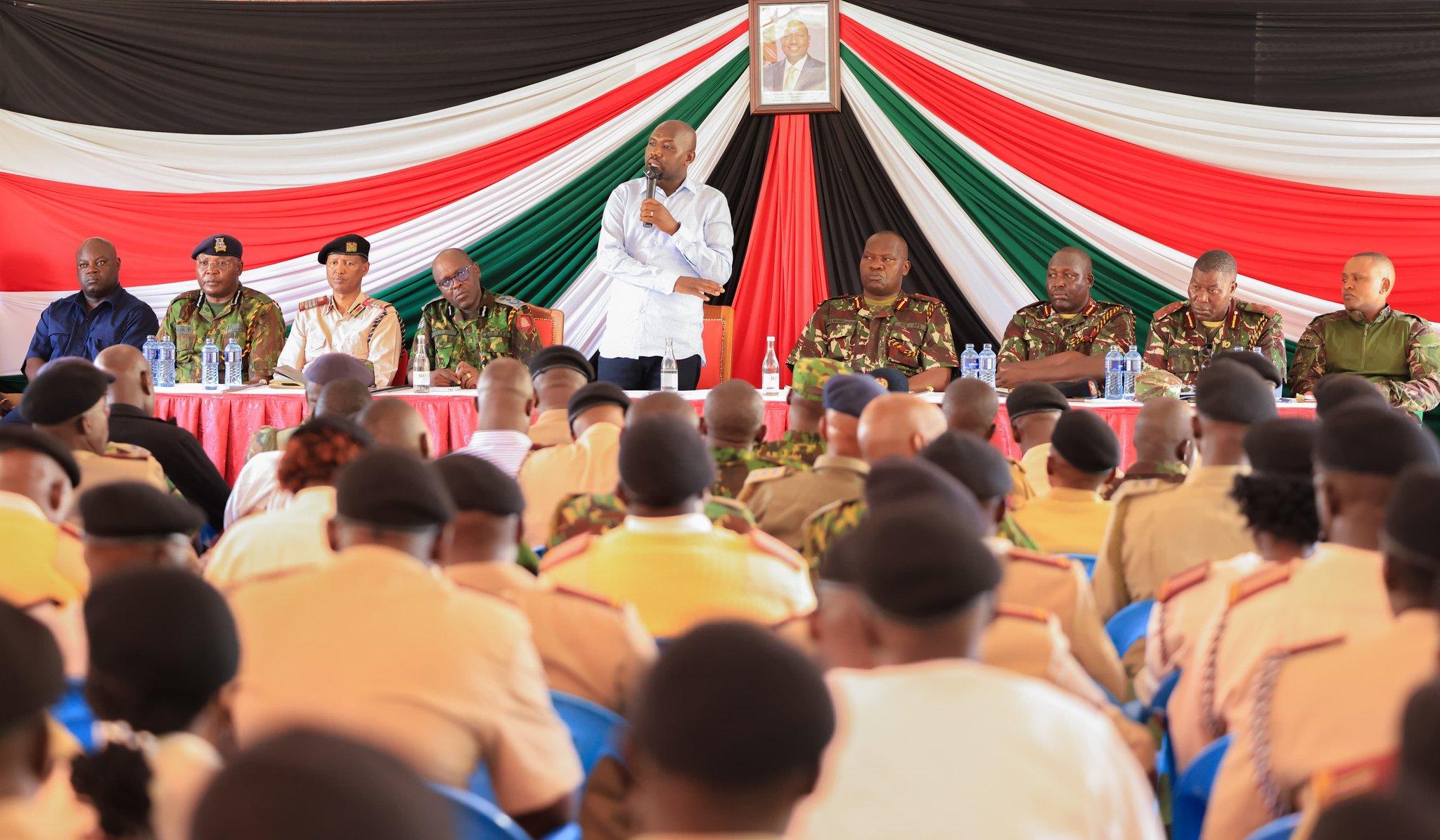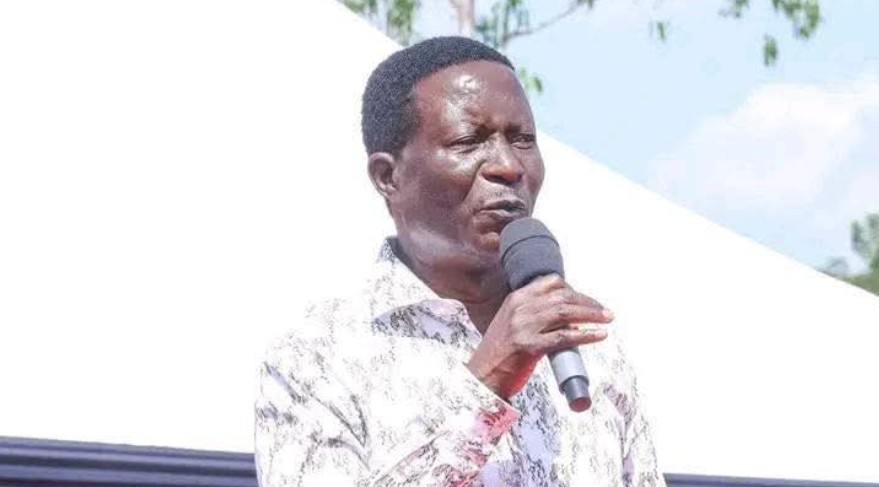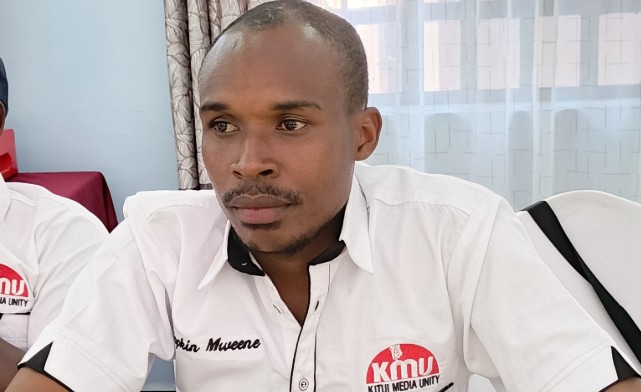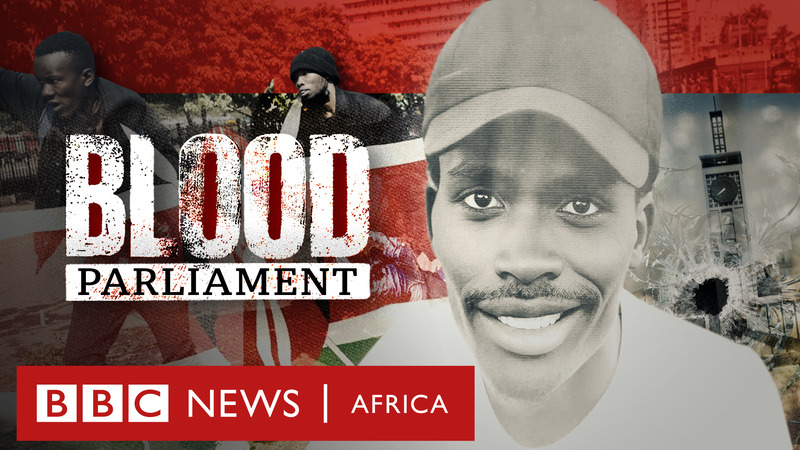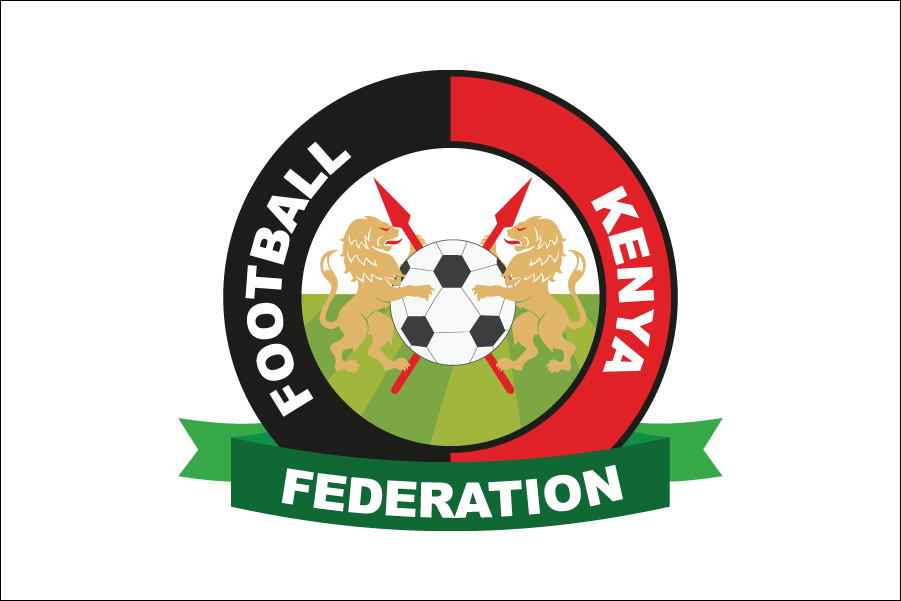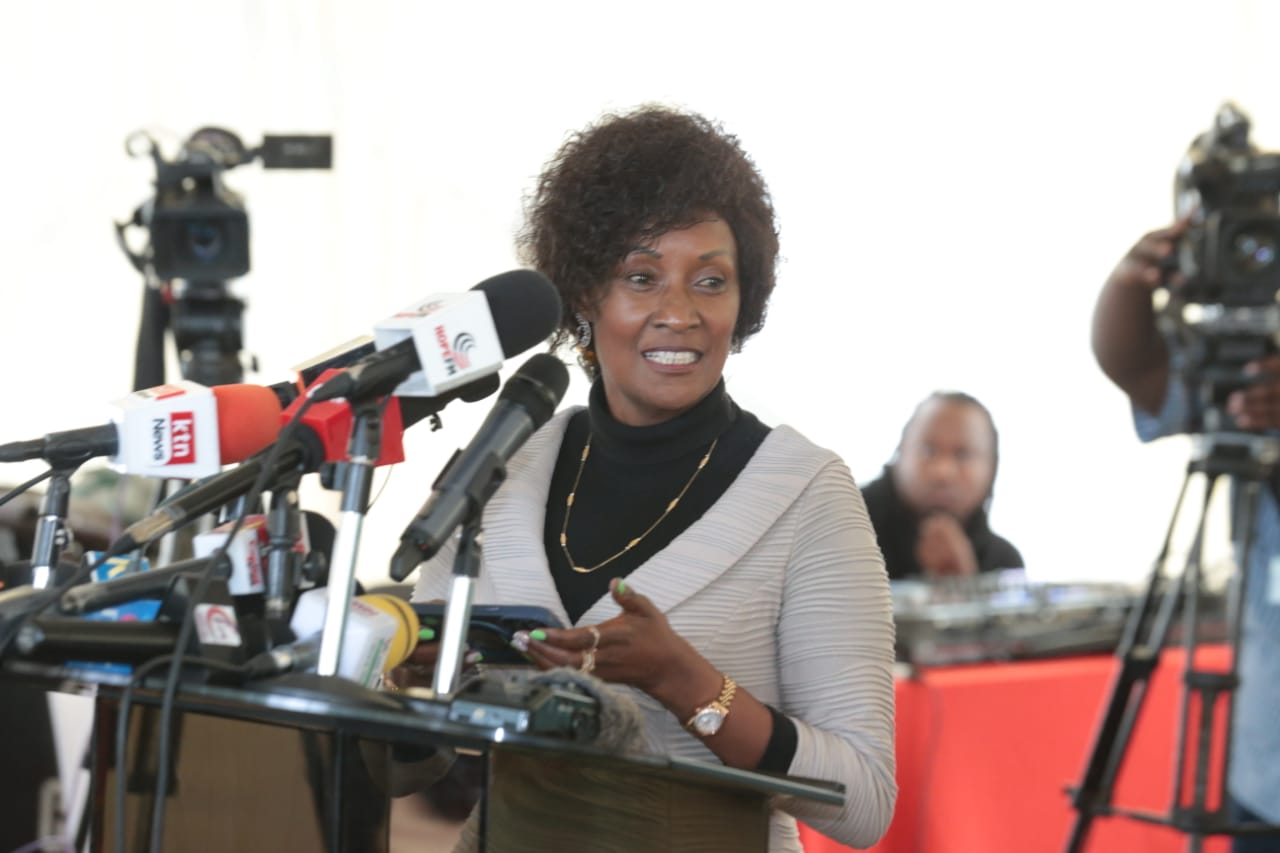UN extends South Sudan peacekeeping mission by nine days amid escalating tensions
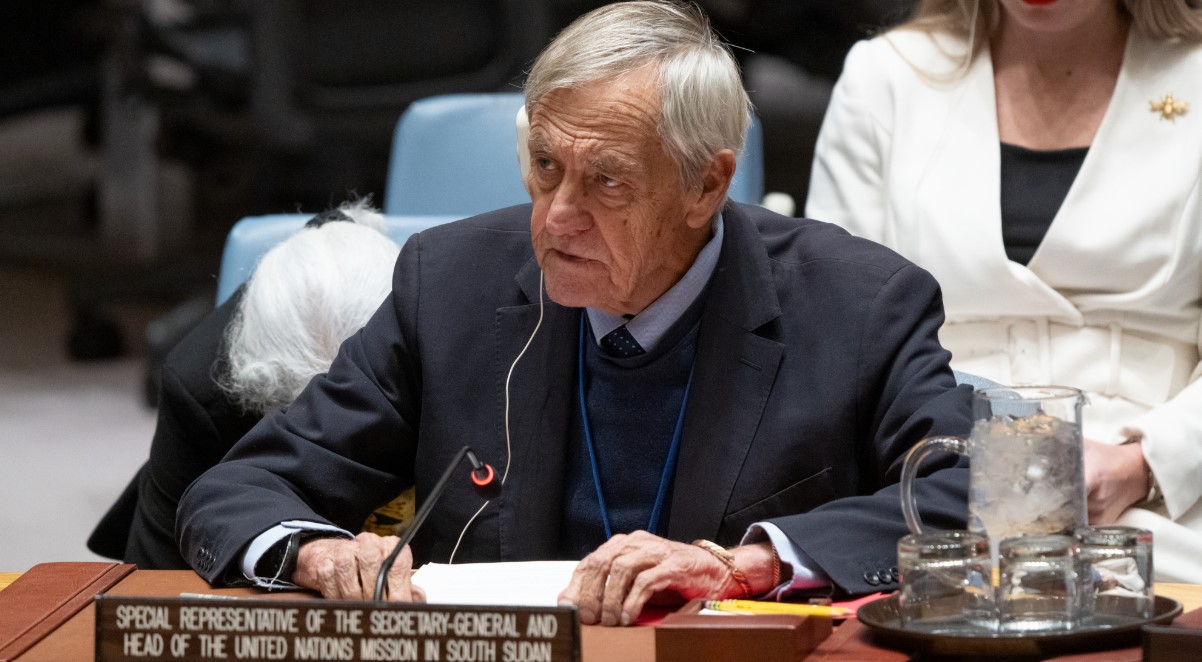
The mission's renewal reflects a sobering reality: the country's internal fragility continues to pose a threat to regional peace and security.
The United Nations Security Council has extended the mandate of its peacekeeping mission in South Sudan— the United Nations Mission in South Sudan (UNMISS) — by nine days, buying time for further deliberations amid rising tensions and the unravelling of a fragile peace accord.
Through a unanimous resolution (2778/2025) passed on Wednesday, the council authorised a short-term "technical rollover" of the mission, which was set to expire on April 30.
More To Read
- South Sudan peace deal under threat as key opposition leaders detained
- South Sudan's military recaptures key town from White Army militia
- South Sudan dispatches high-level delegation to US for urgent deportation and bilateral talks
- UN criticises global inaction as South Sudan teeters on brink of civil war
The move allows UNMISS to continue using "all necessary means to carry out its tasks" until May 9, underscoring the urgency and complexity of the political situation in the world's youngest nation.
Originally established in July 2011 under Resolution 1996 (2011), UNMISS has become a permanent fixture in the country's turbulent landscape, routinely renewed as South Sudan stumbles from one crisis to the next.
Regional peace and security
The mission's renewal reflects a sobering reality: the country's internal fragility continues to pose a threat to regional peace and security.
This extension, however brief, comes at a time when South Sudan's political equilibrium appears to be collapsing under its own contradictions.
According to Nicholas Haysom, the UN Secretary-General's Special Representative to South Sudan, the already strained relationship between President Salva Kiir and his rival, detained First Vice President Riek Machar, has morphed into open military confrontation—a dangerous regression for a nation still nursing the wounds of civil war.
White Army militia
Compounding the situation is the mobilisation of the White Army militia and the South Sudan People's Defence Forces (SSPDF) in Upper Nile State, reports of child recruitment and the deployment of Ugandan troops at Juba's request.
These developments suggest not just political discord but a drift back into armed conflict, just seven years after the country emerged from a devastating civil war that killed nearly 400,000 people.
Haysom has also flagged the weaponisation of digital spaces — misinformation, disinformation, and hate speech are now amplifying ethnic and political divides in the country, making reconciliation more elusive.
Meanwhile, progress on implementing the 2018 Revitalised Peace Agreement has slowed to a crawl, with institutional inertia, arbitrary detentions and elite power games increasingly defining South Sudan's political rhythm.
Top Stories Today

